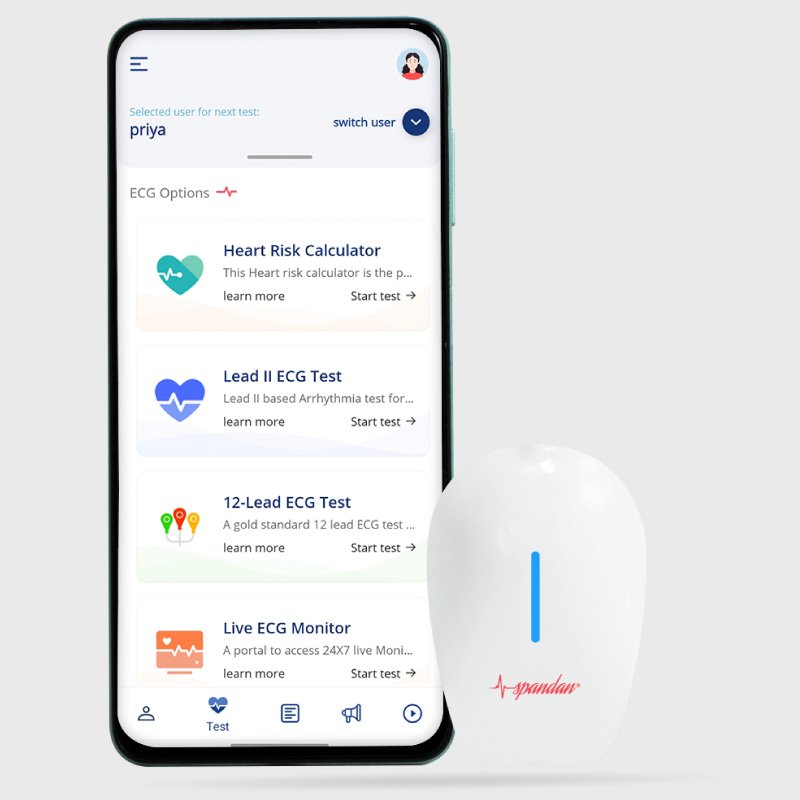
Author:- Mr. Ritesh Sharma
In the realm of heart health, the terms bypass surgery and open heart surgery and used quite often. Furthermore in a way both these terms sound a little similar. Hence, people must wonder about the difference between bypass and open heart surgery. While both surgeries are invasive procedures aimed at curing a heart condition, they significantly differ in their approaches, purposes, and implications.
So, what exactly is the difference between bypass and open surgery? Furthermore, what separates them from each other is distinctive invasive procedures. We will try to examine all this in this blog. Therefore, if you also ponder the difference between bypass and open heart surgery, you will be educated by the information covered in this blog.
Meaning of Bypass and Open Heart Surgery
It is crucial to have a good grasp of the meaning of bypass and open heart surgery before we proceed to differentiate between them. So, let’s first try to understand the definitions of both surgical procedures.
Bypass Surgery
Bypass surgery, also known as coronary artery bypass grafting (CABG), is a surgical procedure designed to create alternative routes for blood flow when the coronary arteries become obstructed or narrowed. This obstruction is typically due to the buildup of plaque, a condition known as coronary artery disease (CAD). During bypass surgery, surgeons harvest healthy blood vessels from other parts of the body, such as the leg or chest, and graft them onto the coronary arteries to bypass the blocked sections, restoring proper blood flow to the heart muscle.
Open Heart Surgery
Open-heart surgery encompasses a broader range of cardiac procedures that involve accessing the heart through an incision in the chest while the heart is stopped. While bypass surgery falls under the umbrella of open-heart procedures, the term “open-heart surgery” encompasses a variety of interventions, including valve repair or replacement, congenital defect corrections, and complex repairs of the heart’s structures.
Difference between Bypass and Open Heart Surgery
Bypass and Open Heart Surgery differ from each other in several aspects. All those aspects with the points differentiating them are given below.
Scope and Purpose:
- The targets of bypass surgery are generally coronary arteries. Hence, it aims to improve blood flow to the heart to steer clear of conditions, such as heart palpitations and cardiac arrhythmias of different arrhythmia classifications.
- On the contrary, Open Heart Surgery consists of a wide range of invasive procedures. This includes bypass surgery, valve repairs or replacements, congenital heart defect corrections, and other intricate cardiac interventions.
Complexity of the Procedure:
- Bypass surgery is basically focused on the number of blockages in the coronary arteries. It aims to get rid of those blockages and restore the blood flow to the heart. For, it uses grafts, which can involve one or multiple bypasses depending on the severity and location of the blockages.
- Much different from bypass surgery, open heart surgeries involve various interventions that may require repairing or replacing heart valves, correcting structural abnormalities, or addressing congenital defects, making them potentially more complex than a standard bypass procedure.
Surgical Technique:
- In the bypass surgery, an incision is made on the chest of the patient. This exposes the heart and temporarily stops it. After this, grafts are attached to bypass the blocked arteries.
- Other open-heart surgeries may involve different approaches, such as accessing the heart through the sternum (median sternotomy), or in some cases, through the side of the chest (thoracotomy), depending on the specific procedure and patient factors.
Recovery and Rehabilitation:
- Recovery from bypass surgery is relatively swift as compared to open heart surgery. In this procedure post-operation, the patient returns home within a week.
- Open-heart surgeries other than bypass may require longer hospital stays and more extensive rehabilitation, especially if multiple procedures are performed simultaneously or if the patient has underlying health issues.
Risk Factors and Complications:
- There are risk factors and complications associated with both bypass surgery and open heart surgery–bleeding, infection, stroke, and adverse reactions to anesthesia.
- In a typical scenario, open heart surgery has a long duration and it is extremely complex. Hence, the chances of risks and complications also significantly increase. However, advancements in surgical techniques and perioperative care have significantly reduced these risks over the years.
Decision-Making and Patient Education
The prospect of cardiac surgery is relatively vast, so patients tend to get confused when opting for a surgical procedure and treatment option. Clear communication and patient education play pivotal roles in empowering individuals to make informed decisions about their cardiac care. The following are the factors that come into play when it comes to decision-making and patient education.
- Consultation and Evaluation: Patients undergo thorough evaluations, including diagnostic tests and consultations with cardiologists and cardiac surgeons, to determine the most appropriate treatment plan based on their specific condition, medical history, and overall health status.
- Informed Consent: Healthcare professionals thoroughly explain the risks and complications associated with a surgical procedure. Therefore, the patient and their family must understand these risks and give their consent for the invasive procedure after considering all risks and complications.
- Shared Decision-Making: Patients must engage in shared decision-making when undergoing a surgical process. This allows individuals to actively participate in selecting the treatment option that aligns with their preferences, values, and treatment goals.
In conclusion, when it comes to the difference between bypass and open heart surgery, there are several contrasting points. While bypass surgery is a normal surgical process, used to improve blood circulation to the heart in case of blockages in the coronary arteries caused by the deposition of plaque and other heart conditions, open heart surgery involves a wide range of surgical procedures aimed at curing various heart conditions. Both surgical procedures are integral parts of cardiac care and play a crucial role in curing a plethora of heart problems.



